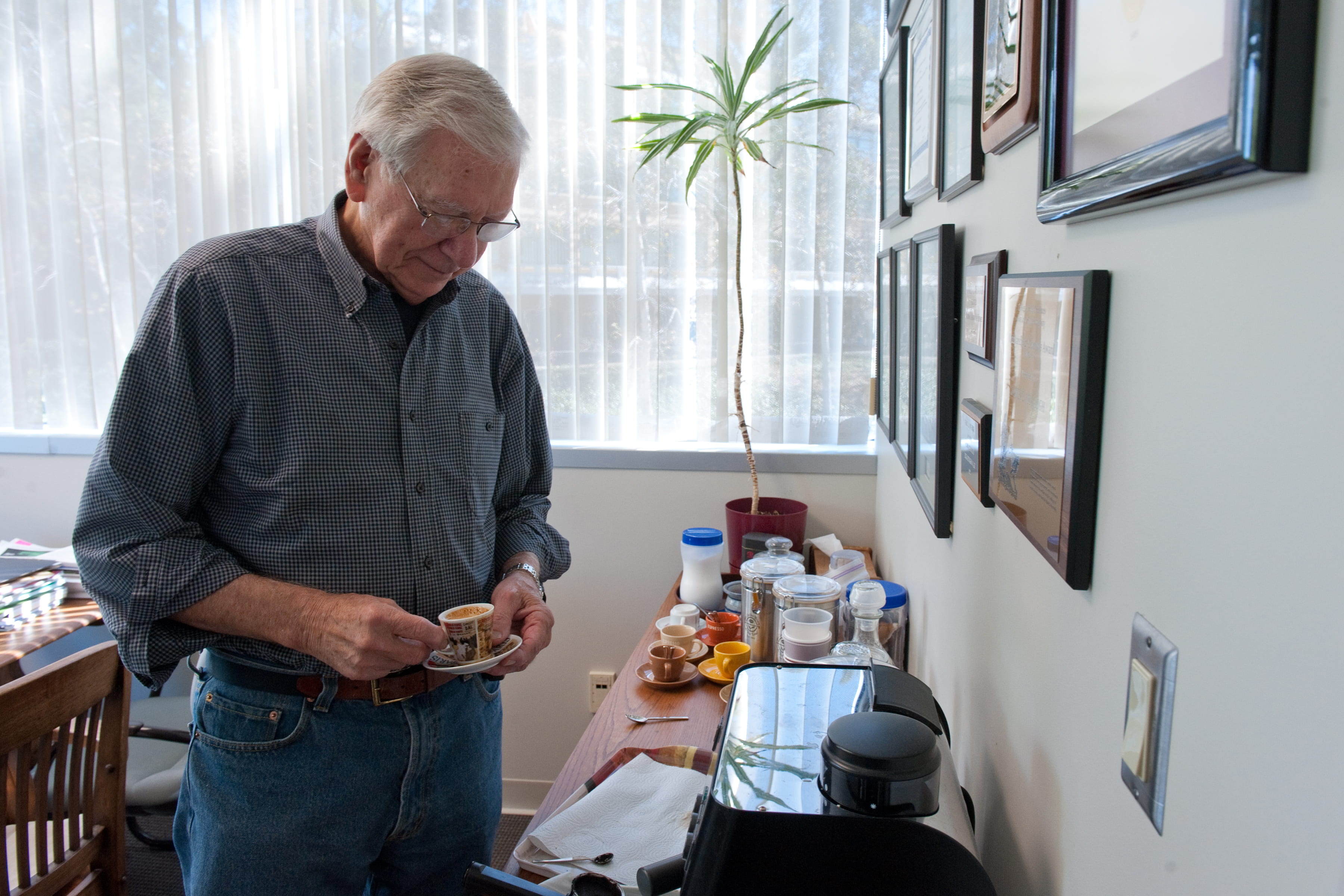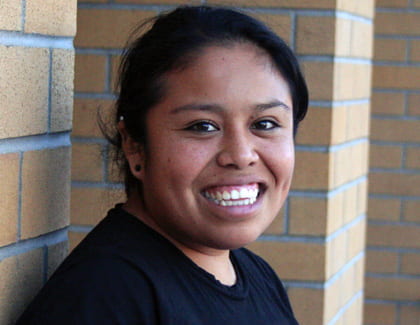UCI scientists study people who can't forget
Information for folks who watch 60 Minutes episode and want to contact UCI.

Imagine being able to recall every moment of your life, beginning around age 12. Given a date, you remember what day of the week it was, what you were doing, what happened in the world, even what you ate for lunch or what you did at school.
UC Irvine neuroscientists James McGaugh and Larry Cahill are studying people with this type of incredible memory, which they refer to as highly superior autobiographical memory, or HSAM (formerly called hyperthymesia). Since the publication of their first scientific paper in 2006 about a woman nicknamed AJ (Jill Price) who has this extraordinary ability, dozens of news organizations have picked up the study, including National Public Radio, “NBC Nightly News,” “Good Morning America” and the Associated Press.
CBS’ “60 Minutes” is scheduled to re-air a special double segment on the researchers and their superior memory subjects at 7 p.m. Sun., June 19. The segments originally were broadcast last Dec. 19.
People who believe they may have this extraordinary memory ability are encouraged to contact the UCI scientists for possible inclusion in the ongoing scientific study. McGaugh, founding director of the Center for the Neurobiology of Learning & Memory at UCI, answered questions posed to him about the study:
Q: If you believe you have this type of superior memory, how should you contact UCI?
A: Read the 2006 research paper. If your memory is similar to what is described, please send a message to ultramem@uci.edu with your telephone number so we can contact you and potentially add you to our pool of candidates to be investigated. Memory is important to understand because it is our most precious ability. If we lose our memories, we lose who we are as individuals.
Q: When did you begin studying people with superior memory?
A: In 2000, a woman we call AJ (Jill Price) sent us an e-mail asking for help with her memory, which she described as non-stop, uncontrollable and totally exhausting. She said that for most days in her life, she could remember what day of the week it was and what events of note happened on that day. We thought she would be a very interesting case study for the field of memory.
Q: How would you describe AJ’s autobiographical memory?
A: Her recollections were quick and seemed to be automatic. When asked how she knew an answer, she said she just knew; she can see the event in her mind and relive it, like she is watching a movie. When asked about a particular day, she immediately gave the day of the week it fell on and described some activity she engaged in, such as taking an exam or having lunch with a particular friend.
Q: How have you confirmed the accuracy of her answers?
A: The significant public events are a matter of record; we fact checked them. We were able to check her personal experiences against a diary she kept from the age of 10 to 34. And her mother verified some things. On the rare occasions that she did not recall an event, she simply said that she did not remember.
Q: You put AJ through neuropsychological testing. What did that involve?
A: We gave her many standardized psychological tests that assess various mental capabilities. She was asked to remember meaningful and meaningless information, visual data, and things she did or did not say. She performed quite well. In some cases, she was perfect.
Q: How many subjects have you studied to date?
A: In addition to AJ, we are studying 19 more subjects.
Q: What are the similarities among the subjects?
A: They are common in their ability to give the day of the week for any date given, to tell us what they did on that day, and to tell us about public events that occurred on that day. We also have personal information about each of them that we use to make up tests about their personal life.
Q: What are your future plans for the study?
A: In 2009, we invited UCI neurobiologist Craig Stark to join our team. Craig and his laboratory colleagues are highly skilled in techniques of functional magnetic resonance imaging (fMRI). We plan to first obtain basic structural MRIs of our subjects to allow us to get a picture of the structure of their brains. Then, we will compare their brains to those of individuals who do not have superior memories. We will look to see if any structural differences exist in their brains that might account for their superior memory. Then, we plan to give them functional MRIs, which will put the brain to work so we can study them while they are recalling their early experiences. We also would like to find more subjects because we are going to be able to understand the cause of this extraordinary ability only if we have a large number of subjects to study.
For additional information, please visit the listed Web resources.
